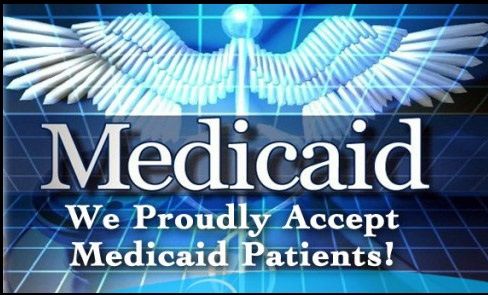
The participant refuses the appropriate mode of transportation. Additional documentation was requested and was not received timely. The trip was not requested timely and the request cannot be accommodated because of this. The medical appointment is not scheduled or was not kept. Transportation to the medical service for which NEMT is requested is covered under another program. MEDICAID TRANSPORTATION DISPATCH FREE
The participant has access to free transportation. The medical service for which NEMT is requested is not a covered medical service. The participant does not have a medical need that requires NEMT. The participant is not eligible for NEMT on the date of service. MO HealthNet standards require that if a request for NEMT falls under one or more of the denial criteria listed below, then LGTC must deny the request: Can a participant be transported to a non-Medicaid enrolled provider?. IV requiring titration and continuous monitoring during transport. Post- surgical positioning or movement precautions. Sedated with IV or IM including narcotics within last 30 minutes. Aspiration precautions - suction standby needed. Oxygen not self- administered by patient. MRSA - patient with total isolation precautions at destination. The member does not require medical monitoring during transport. The participant cannot sit up or sit in a wheelchair. The participant requires a lift-equipped wheelchair van. The participant cannot transfer from the wheelchair to the seat of an ambulatory vehicle. The participant is confined to wheelchair. The participant’s wheelchair folds and can be placed in the rear of the vehicle. The participant can transfer from the wheelchair to the seat of an ambulatory vehicle. The participant can walk unassisted from the vehicle to the medical facility. The participant can walk unassisted from doorway of residence to the curb. Bus passes can be obtained by calling LGTC. The participant understands common signs and directions. The medical facility is within 3 blocks of a bus stop. The participant lives within 3 blocks of a bus stop. However, participant can’t drive him/herself to the medical appointment unless financial assistance is provided ( i.e., gas or mileage reimbursement). Participant routinely uses the car for non-medical trips ( e.g., to go to the store, laundry, church or to visits friends and family). Participant is physically able to drive the vehicle ( or friend, neighbor, family member is). 
Vehicle is operable ( and is available at the time of the participant’s medical appointment).Participant has a vehicle ( or access to vehicle of friend, neighbor or family member).A participant can travel by one of several levels of service based on his/her medical needs and mobility. The level of service describes the type of transportation service needed to transport the participant. At what levels of service, or type of transportation, will participants travel?.LGTC must first verify that each transport to be provided to free care meets all criteria including, but not limited to participant eligibility and MO HealthNet covered service. Has chosen to receive a covered service free of charge from the VA or Shriners Hospitals.LGTC must first receive prior authorization from the state for lock-in trips that exceed the travel.

Is locked into a medical service provider by the state agency.Is scheduled for an appointment arranged by the Family Support Division (FSD) eligibility specialist for a Medical Review Determination (MRD) to determine continued eligibility.A participant may be transported to the following MO HealthNet services without regard to the travel distance standards if the participant:.If there is not a routine or specialty care appointment available within thirty (30) calendar days to a qualified, enrolled medical service provider within the travel standards.If the participant has been referred by a Primary Care Provider (PCP) to a qualified, enrolled medical service provider for a special condition or illness.If the participant has a previous history of other than routine medical care with the qualified, enrolled medical service provider for a special condition or illness.There are four circumstances in which the participant may be transported beyond the travel distance standards above:






 0 kommentar(er)
0 kommentar(er)
